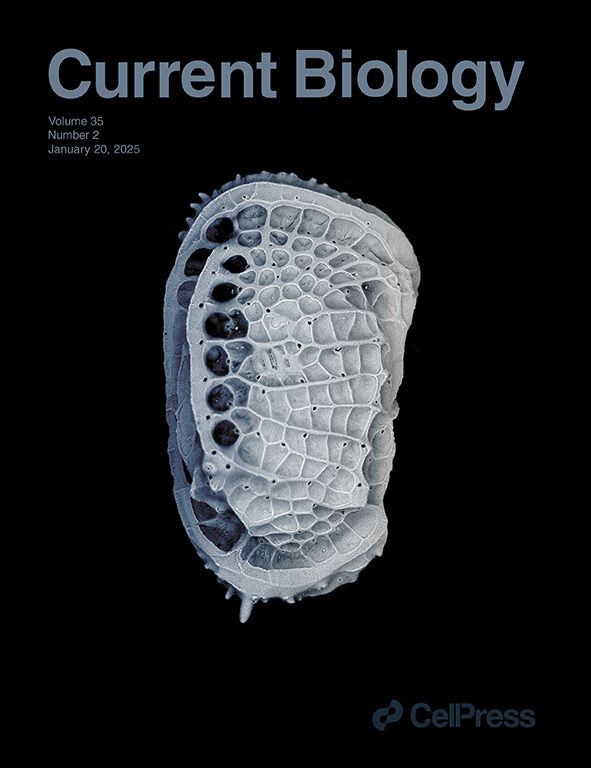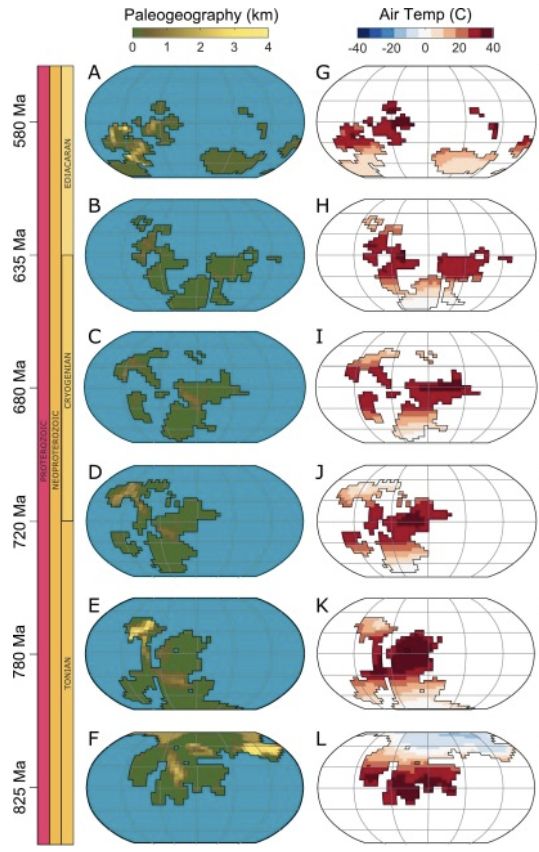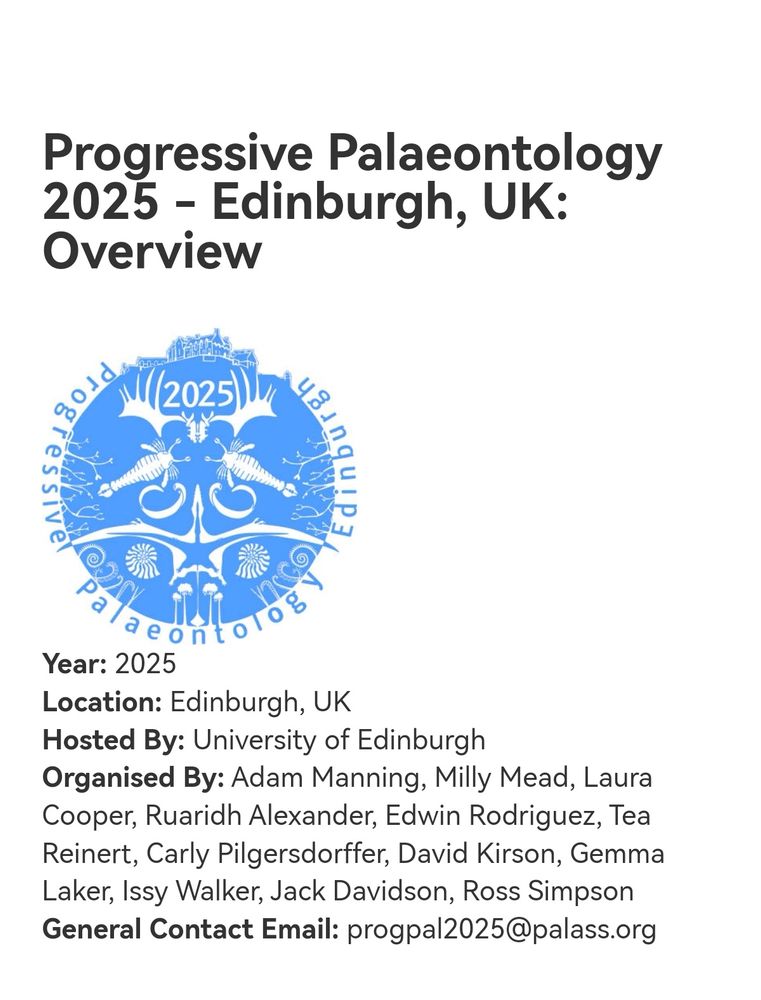meetingorganizer.copernicus.org/WBF2026/sess...

meetingorganizer.copernicus.org/WBF2026/sess...
eastangliabylines.co.uk/environment/...

eastangliabylines.co.uk/environment/...
IPBES #TransformativeChange Assessment: https://www.ipbes.net/transformative-change-assessment

IPBES #TransformativeChange Assessment: https://www.ipbes.net/transformative-change-assessment
meetingorganizer.copernicus.org/WBF2026/sess...
meetingorganizer.copernicus.org/WBF2026/sess...


doi.org/10.1242/jeb....

doi.org/10.1242/jeb....




community-driven project"is published in Paleobiology (doi.org/10.1017/pab.2025.10042)

community-driven project"is published in Paleobiology (doi.org/10.1017/pab.2025.10042)


meetingorganizer.copernicus.org/WBF2026/sess...
@worldbioforum.bsky.social

meetingorganizer.copernicus.org/WBF2026/sess...
@worldbioforum.bsky.social
doi.org/10.1017/pab....
doi.org/10.1017/pab....
@paleodb.bsky.social paper #493
@paleodb.bsky.social paper #493
This is another marine heatwave, driven by climate change
Oceans are sounding the alarm
@BBC, please use more climate impactful images…it’s not about fun at the beach
www.bbc.com/news/article...

This is another marine heatwave, driven by climate change
Oceans are sounding the alarm
@BBC, please use more climate impactful images…it’s not about fun at the beach
www.bbc.com/news/article...
Abstract submission for the CPEG Meeting & Conservation Paleobiology Symposium closes soon!
🗓️ Abstract deadline: Feb 1st, 2025
🕒 Early bird pricing ends: April 1st, 2025
Details on keynote speakers, deadlines, fees, workshops & more below!
👉 cpeg-cpb25.uzh.ch/en.html
# CPEGCPB25
🌊🦪

We find some agreement with broad environmental trends from the rock record, but there is still plenty to learn!
www.sciencedirect.com/science/arti...

We find some agreement with broad environmental trends from the rock record, but there is still plenty to learn!
www.sciencedirect.com/science/arti...
In 20 years, the fleeting time it takes for a human baby to grow into a young adult, the country has lost 22 percent of its butterflies, researchers found
www.nytimes.com/interactive/...

In 20 years, the fleeting time it takes for a human baby to grow into a young adult, the country has lost 22 percent of its butterflies, researchers found
www.nytimes.com/interactive/...
For full details regarding registration and abstract submission deadlines, event themes and scheduling, please check out the ProgPal 2025 website:
www.palass.org/meetings-eve...
#conference #student #uk

For full details regarding registration and abstract submission deadlines, event themes and scheduling, please check out the ProgPal 2025 website:
www.palass.org/meetings-eve...
#conference #student #uk
onlinelibrary.wiley.com/doi/epdf/10....
onlinelibrary.wiley.com/doi/epdf/10....


